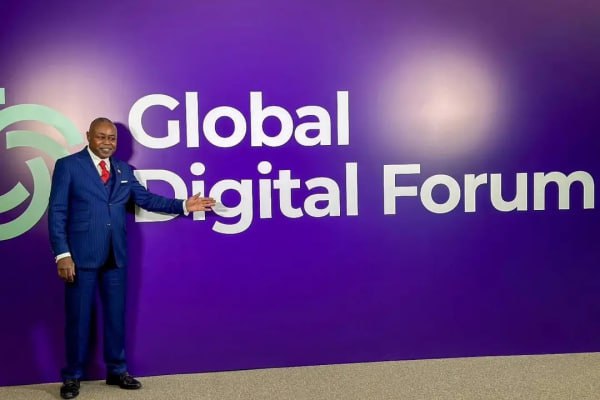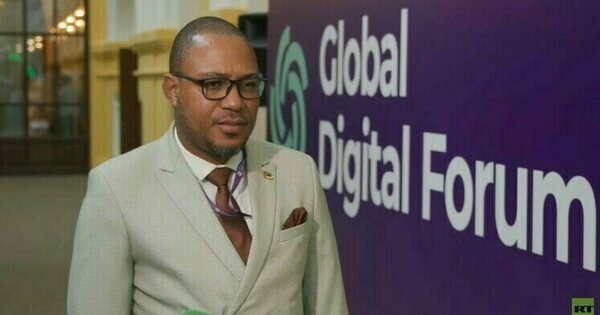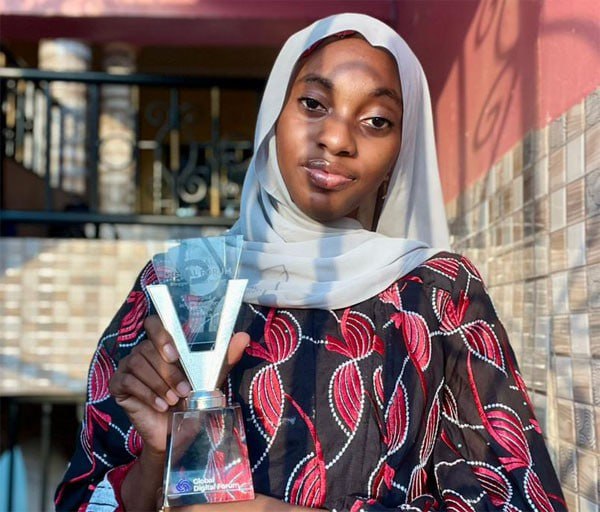Африканский ресурс wearetech.africa публикует выступление министра цифровой экономики Республики Конго, который обозначил ключевые направления цифрового сотрудничества с Россией - от подготовки кадров до запуска IT-решений с открытым кодом.
Министр почт, телекоммуникаций и цифровой экономики Республики Конго Леон Жюст Ибомбо выступил за укрепление сотрудничества между странами Африки и Россией. Он подчеркнул важность обмена знаниями, разработок в сфере цифровых технологий и совместного обучения. Свою позицию министр озвучил на сессии «Россия — Африка: общий и устойчивый цифровой суверенитет», которая прошла в начале июня в Нижнем Новгороде на Глобальном цифровом форуме.
По словам министра, для выстраивания продуктивного взаимодействия нужно сосредоточиться на шести направлениях. Среди них — подготовка специалистов в сферах ИИ, кибербезопасности и работы с данными; создание центров обработки данных; запуск совместных IT-продуктов с открытым кодом, адаптированных к африканским условиям; обсуждение налогов и прослеживаемости в цифровой экономике; проведение совместных образовательных программ, а также координация позиций стран на международных цифровых площадках.
Выступление главы ведомства прозвучало на фоне запуска цифровых инициатив между Россией и рядом африканских государств. Так, в Зимбабве внедрена система электронного управления, которая помогает повысить прозрачность работы госорганов. Ангола заключила соглашение с Россией по телекоммуникациям, включая проект AngoSat-2 и защиту цифровых каналов. Камерун, Демократическая Республика Конго и Гвинея начали использовать программные решения MyOffice.
Россия предлагает Африке варианты, которые не зависят от западных платформ. Это включает опыт в защите данных, локальных IT-системах и создании цифровой инфраструктуры. Также РФ делает акцент на обучении африканских специалистов.
«Такое сотрудничество помогает странам Африки строить свою цифровую среду — с учётом местных условий и кадрового потенциала. Разнообразие партнёров даёт возможность развивать независимую и устойчивую цифровую систему», — отмечает автор материала wearetech.africa Самира Нджойя.




